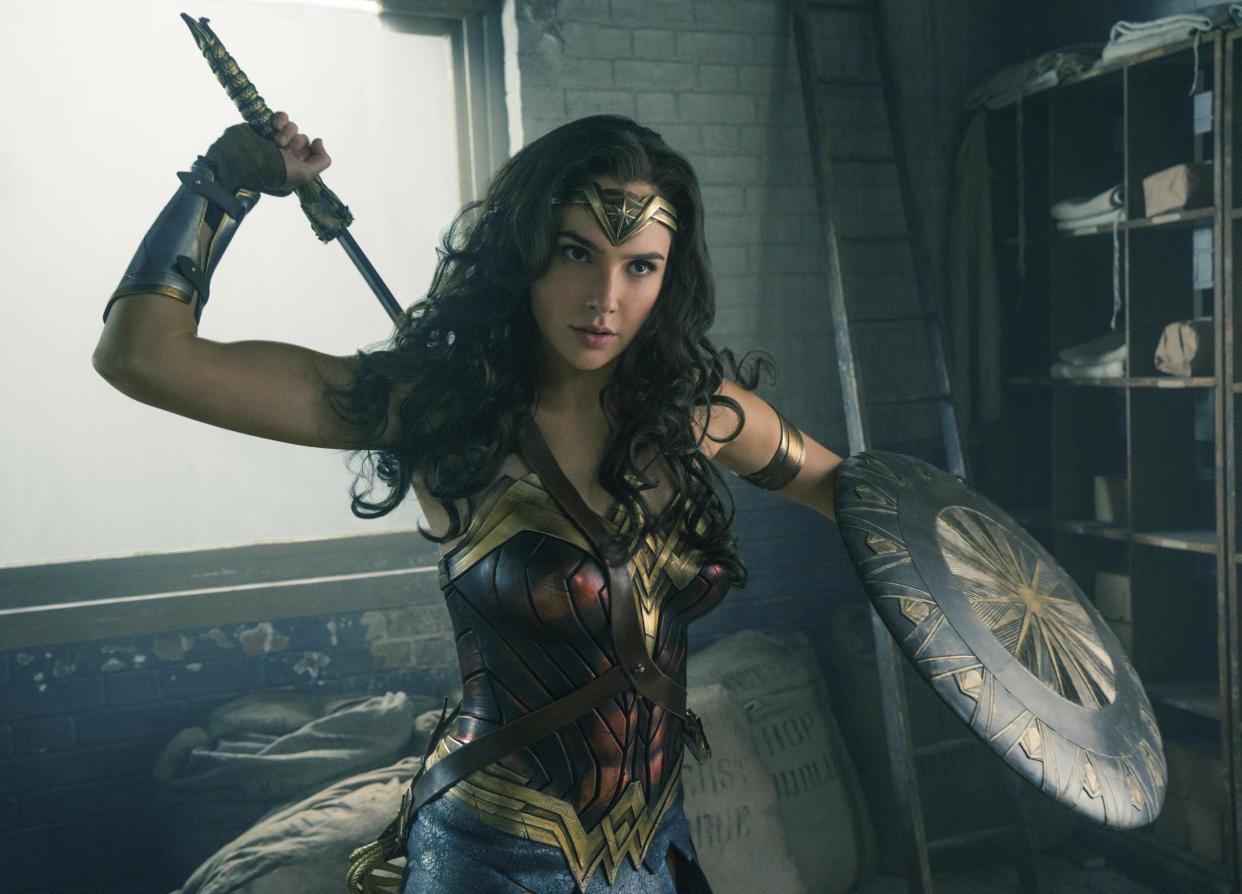Hollywood’s pay gap: is the film industry becoming more equal?

Women have had enough. For too long have men dominated the screen.
The BBC's release of their highest paid stars’ salaries has shone a light on the entertainment industry’s inequality. While the corporation’s highest paid male star, Chris Evans, receives an annual income between £2,200,00 and £2,249,999, the highest paid woman, Claudia Winkleman, amasses just £450,000 to £499,999.
It may not have featured so prominently in the news, but Hollywood has a pretty striking gender pay gap of its own. The highest paid female actor in the world is Jennifer Lawrence, who stars in The Hunger Games and last year earnt $46 million.
Not too shabby, but it is significantly lower than the world’s highest paid male actor Dawyne Johnson, who earned $64 million.
Are things on the turn? Shaking off of the 'weak' stereotype on screen has begun and it follows that this should help to initiate the closing of the gap.
The roles of sidekicks and bond girls are being outgrown. A fantastic example of this is Patty Jenkins' Wonder Woman released last month. With female Israeli actor Gal Gadot at the helm, the film grossed over £6 million on its opening weekend.
Galdot feels that woman today, in film, are portrayed as poor brokenhearted girls. She stated that the lack of female writers is likely to be the cause of not having enough strong female roles, but that it is changing.
Following Wonder Woman, Atomic Blonde is due to be released in August with Charlize Theron in the cockpit as a cold war MI6 agent. John Wick's director David Leitch's representation of a gritty, bad-ass warrior is far from the stereotype of weak female characters.
Stronger characters should also lead to stronger representation. Gal Galdot faced her discriminatory trials when she was cast. Fans said her breasts were too small and compared her body to a broomstick.
She is far from the only actress to face body discrimination. Actresses, no matter how good, are likely to have to fit an aesthetic criteria. Wonder Woman is heavily influenced by male gaze. This is the sexualisation of female characters for the male audiences pleasure. Again this is seen in Atomic Blonde with Theron's sexualised character.
The institutions, having made multiple mistakes with pay and representation, are starting to learn from them. The BBC's reply to the public's reaction to the pay gap is waiting to be seen, but undoubtedly due to recent revelations, the pay gap within the film world, especially in Britain, will begin to close.

 Yahoo News
Yahoo News 
